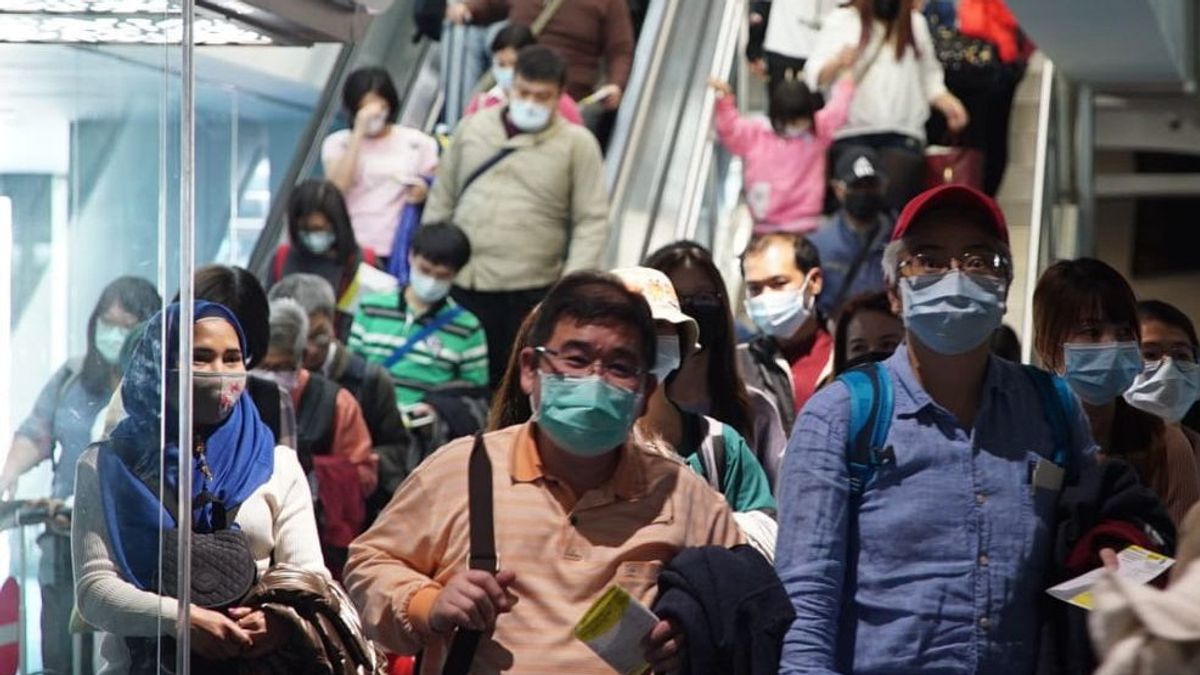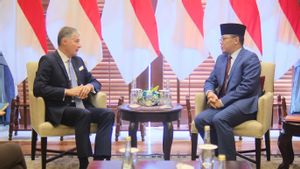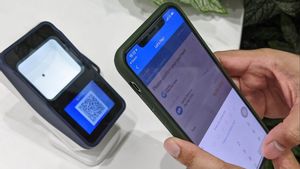JAKARTA - The World Health Organization (WHO) said there is currently no evidence that a person who has recovered from COVID-19 will have antibodies that protect the body from COVID-19.
In a scientific report, WHO warned governments in various countries not to issue "immunity passports" or "risk-free certificates" to people who have been infected because their accuracy could not be guaranteed.
In fact, the provision of such information can actually increase the risk of its continued spread. This is because people who recover later tend to ignore the advice standard precautions against the virus.
“Some governments have suggested that detection of antibodies to SARS-CoV-2, the virus that causes COVID-19, could serve as the basis for an 'immunity passport' or 'risk-free certificate' that would allow individuals to travel or return to work assuming they are protected. of the virus, ”the WHO said in a statement.
"There is currently no evidence that people who have recovered from COVID-19 and have antibodies are protected against a second infection."
The Chilean government said last week it would begin distributing 'health passports' to people it thought had recovered from the disease. After being screened to determine if they have developed antibodies that make them resistant to the virus, they can immediately return to work as before.
Experts have previously raised concerns that an 'immunity passport' could exacerbate economic inequality and increase the risk of transmission by encouraging people who are desperate to work to try to infect themselves believing they will have antibodies to COVID-19. Because if they are proven to have these antibodies, it will be easier to get a job.
The WHO says it is continuing to review evidence on an antibody response to the virus that causes COVID-19. So far, around 2.8 million people have been reported to have been infected by COVID-19 globally and 196,298 more have been declared dead.
Most studies show that people who recover from infection have antibodies to the virus, the WHO says. However, some of them have very low levels of antibodies in their blood indicating that cellular immunity is also important for recovery.
In addition, there are reports including from China and South Korea that states that patients who appear to have recovered when they return to test have tested positive again. There are several possible explanations for this result. Jeong Eun-kyeong, director of the Korea Center for Disease Control and Prevention (KCDC), said the patient was not reinfected, but that the virus might be "reactivated".
The English, Chinese, Japanese, Arabic, and French versions are automatically generated by the AI. So there may still be inaccuracies in translating, please always see Indonesian as our main language. (system supported by DigitalSiber.id)









